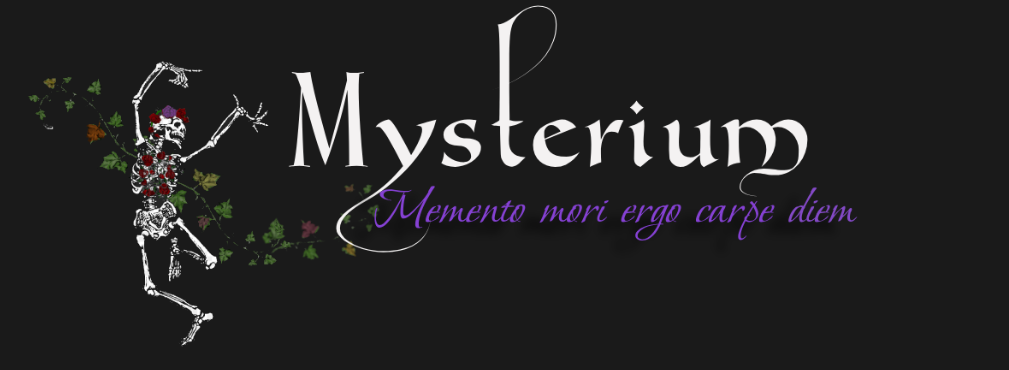“… with hope that this assemblage of rubble would become a shrine …”
My new article for OnlySky Media is a memoir of my year-long experiment in public art/memorial: In 2015 I moved to Rogers Park, and during the Summer Solstice of 2021 was inspired to join the Artists of the Wall project. I painted my roughly four-foot section of the wall a midnight blue, and upon that field … Read more“… with hope that this assemblage of rubble would become a shrine …”
